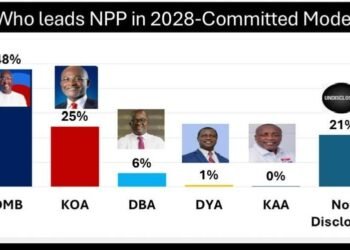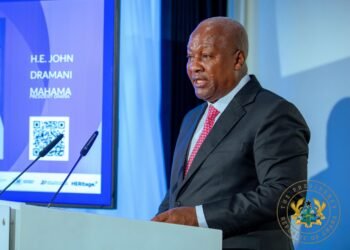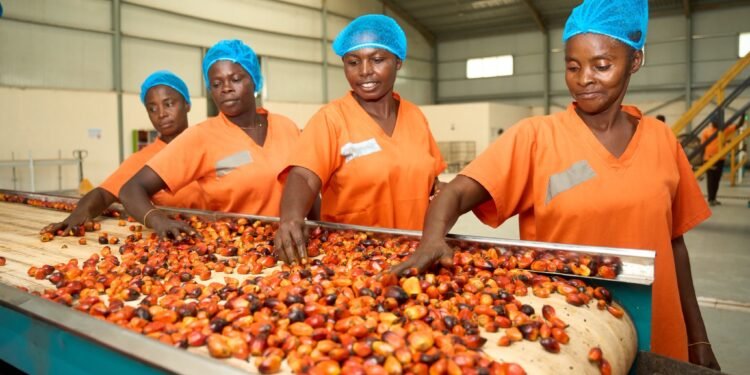The removal of Chief Justice Gertrude Araba Torkonoo has triggered sharp criticism from lawyer and political activist Oliver Barker-Vormawor, who insists that the development is not a cause for celebration but rather the final act in what he described as a disappointing chapter in Ghana’s judiciary.
Having closely observed the process, Barker-Vormawor was firm in his assessment, stressing that the deep-seated rot within the judiciary must be urgently addressed.
“A chief justice has been removed. But as someone with a front row seat through the process, hear me clearly when I say there is nothing to celebrate here.”
Oliver Barker-Vormawor
He argued that the dismissal cannot be seen as a victory but instead symbolizes lost opportunities during Justice Torkonoo’s tenure.
According to him, she occupied the highest judicial office at a time when the nation needed courage and integrity most, yet her “leadership” often defaulted to silence in moments when Ghanaians cried out for justice and accountability.
Barker-Vormawor accused the former Chief Justice of enabling poor governance choices and prioritizing the convenience of power over principle.
“Instead of standing as the guardian of our Constitution, she presided over a judiciary that slipped further into mistrust and estrangement. Fixing and removing judges as political paymasters called for.”
Oliver Barker-Vormawor
The activist underscored the symbolic weight of the Chief Justice’s office, stressing that it is meant to serve as the moral compass of the Republic.
Yet in his view, Justice Torkonoo’s tenure did not live up to the weight of responsibility attached to her position, a role he believed required far more than what was delivered. “The Chief Justice is meant to be the moral compass of the Republic,” he said.
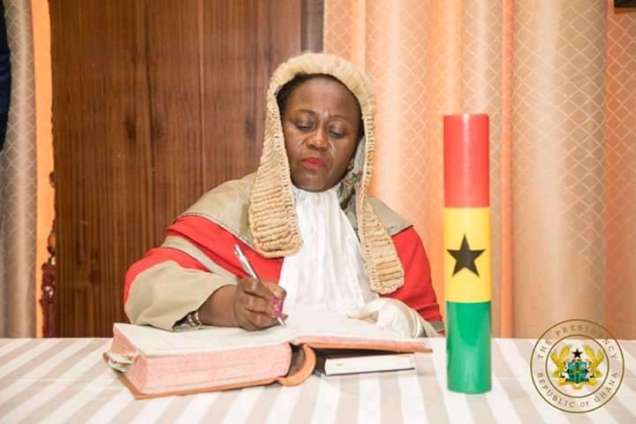
He added that her legacy will likely be remembered not for bold decisions, but for moments when the institution could have shielded the vulnerable but instead became a fortress protecting those in power.
For Barker-Vormawor, this represents a tragic loss of faith in the judiciary.
“Sadly, Araba’s removal is a reminder that leadership without courage corrodes institutions from within. It is my prayer that what has fallen today is not just a person but also the lack of confidence in the idea that justice in this Republic can ever be impartial and bold.”
Oliver Barker-Vormawor
Activist Praises Committee on Chief Justice Case, Demands Urgent Reform
Despite his harsh critique of the former Chief Justice, Oliver Barker-Vormawor expressed appreciation for the work of the Article 146 Committee tasked with examining the petitions.
He acknowledged that the panel faced immense pressure and deliberate misinformation but chose principle over convenience.

“I am certain that their recommendation was not an easy call, but their restraint and quiet stoicism preserved the dignity of the process, despite Araba’s own best efforts to ensure the opposite.”
Oliver Barker-Vormawor
Barker-Vormawor noted that the decision underscores the importance of institutional integrity and commended the committee members for demonstrating duty in the face of adversity.
Beyond the removal itself, Barker-Vormawor called for urgent reform of Ghana’s judicial system, arguing that the institution as it stands is unfit for purpose.
He warned that ignoring the flaws would be dangerous for the country’s democratic future.
“May we find our path to restoring faith soon to the Judiciary before it is too late. Araba is gone, but her signature and the culture she symbolizes remain stuck on every wall, like dried blood.”
Oliver Barker-Vormawor
The activist was clear about what was at stake. “Our Judiciary is not fit for purpose. Reform it or we will perish,” he stated.
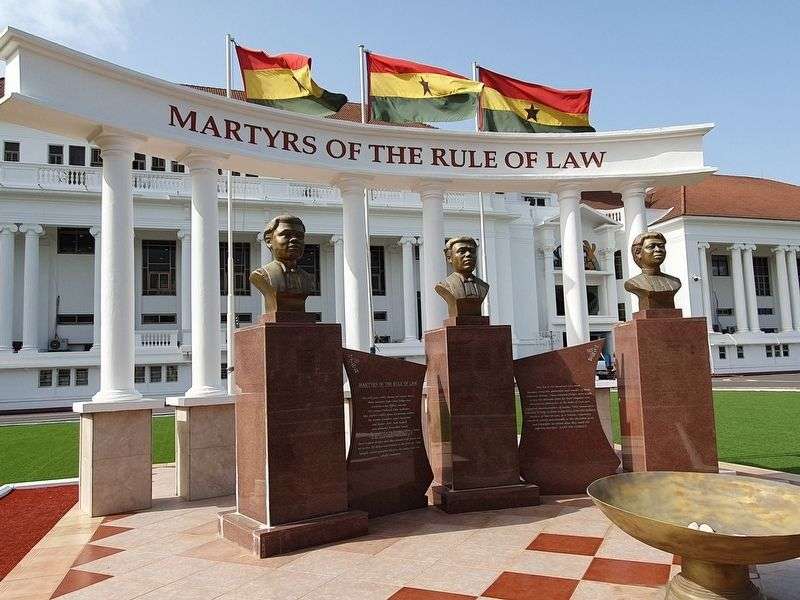
He urged Ghanaians not to ignore the systemic cracks exposed by recent developments. “Let us not sweep the cracks under the carpet. I hope the 4th Republic learns from the fate of the 1st,” he added.
Meanwhile, the removal of the Chief Justice has inevitably intensified debate about the state of Ghana’s democratic institutions.
While some view it as evidence that constitutional checks are working, others, such as Barker-Vormawor, argue that it exposes deeper flaws in the judiciary’s independence and credibility.
As Ghana grapples with the fallout, the call for reform is likely to grow louder. Barker-Vormawor’s comments highlight the fragile balance between accountability and trust in institutions.
Whether this moment becomes a turning point for strengthening judicial independence or simply another episode of political contention will depend on how leaders and citizens respond in the coming months.
READ ALSO: Israel Presses On With Gaza City Offensive





